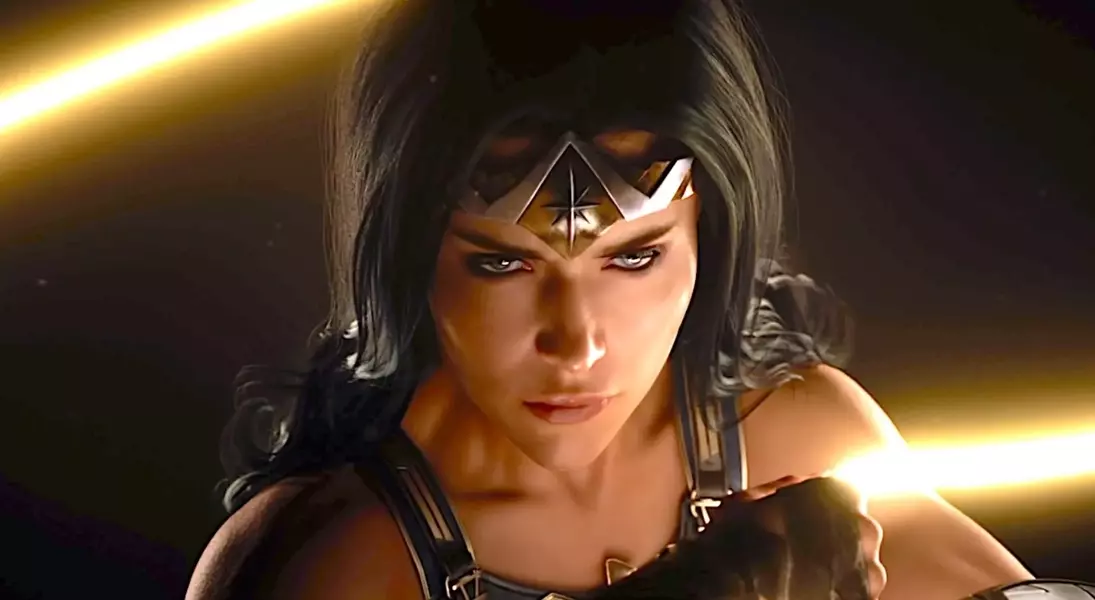
In the early months of 2025, Warner Bros. has encountered significant difficulties with its video game division. The completion of Suicide Squad and MultiVersus has left the company's studios in a state of uncertainty. A recent report by Bloomberg highlights the issues stemming from the previous leadership, particularly under former president David Haddad. The lack of clear direction and slow decision-making process have led to misaligned projects, such as live-service games that were not suited to the developers' expertise. This has resulted in challenges for titles like Gotham Knights and Wonder Woman, which have faced delays and reboots. Meanwhile, Rocksteady is reportedly working on a new Batman single-player game, while other projects remain uncertain.
The Impact of Leadership Vacancy on Studio Projects
The departure of David Haddad has left a void in the strategic planning of Warner Bros.' video game division. Developers experienced prolonged delays in receiving feedback or guidance, leading to a disjointed approach to project development. The push towards live-service games, driven by market trends rather than studio strengths, has caused friction within the teams. WB Games Montreal’s Gotham Knights struggled post-launch, and subsequent pitches for revamping the game were rejected. Instead, the studio focused on developing projects based on Constantine and the Flash, only to face further setbacks when the Flash movie did not meet expectations.
This shift in focus reflects the broader challenges faced by Warner Bros. in aligning its creative vision with market demands. The absence of a clear leadership direction meant that studios often pursued projects without a solid foundation. For instance, the development of Gotham Knights was initiated due to a trend toward live-service games, despite the studio’s limited experience in this area. Similarly, Rocksteady was tasked with creating Suicide Squad, another live-service title, which may not have been the best fit for their skill set. These decisions highlight the need for better alignment between studio capabilities and project goals.
Uncertainty Surrounds Future Titles and Development Strategies
With the departure of key figures, the future of several high-profile projects hangs in the balance. Monolith’s Wonder Woman game, once a promising venture, has undergone significant changes, including a reboot and a shift in direction. The new version is described as a more traditional action-adventure game, moving away from the Nemesis system used in previous titles. Despite the substantial investment of $100 million, the game’s release timeline remains unclear, raising questions about its viability. Additionally, WB Montreal has been brought in to assist with development, signaling potential concerns over the project’s progress.
Meanwhile, Rocksteady’s return to the Batman franchise with a new single-player game suggests a pivot back to their strengths. However, the extended development time for this and other projects, such as a possible Hogwarts Legacy sequel and a Game of Thrones adaptation, indicates that Warner Bros. is taking a cautious approach. The company’s streaming and games head, JB Perrette, has expressed commitment to the gaming industry, but the audience’s patience may be tested as these titles inch closer to release. The success of these future endeavors will depend on whether Warner Bros. can regain its footing and deliver compelling experiences that resonate with players.
